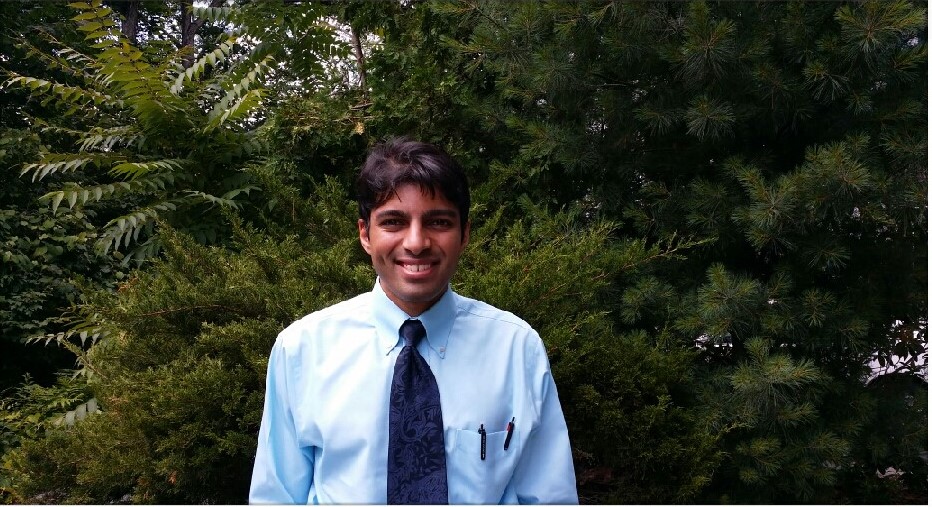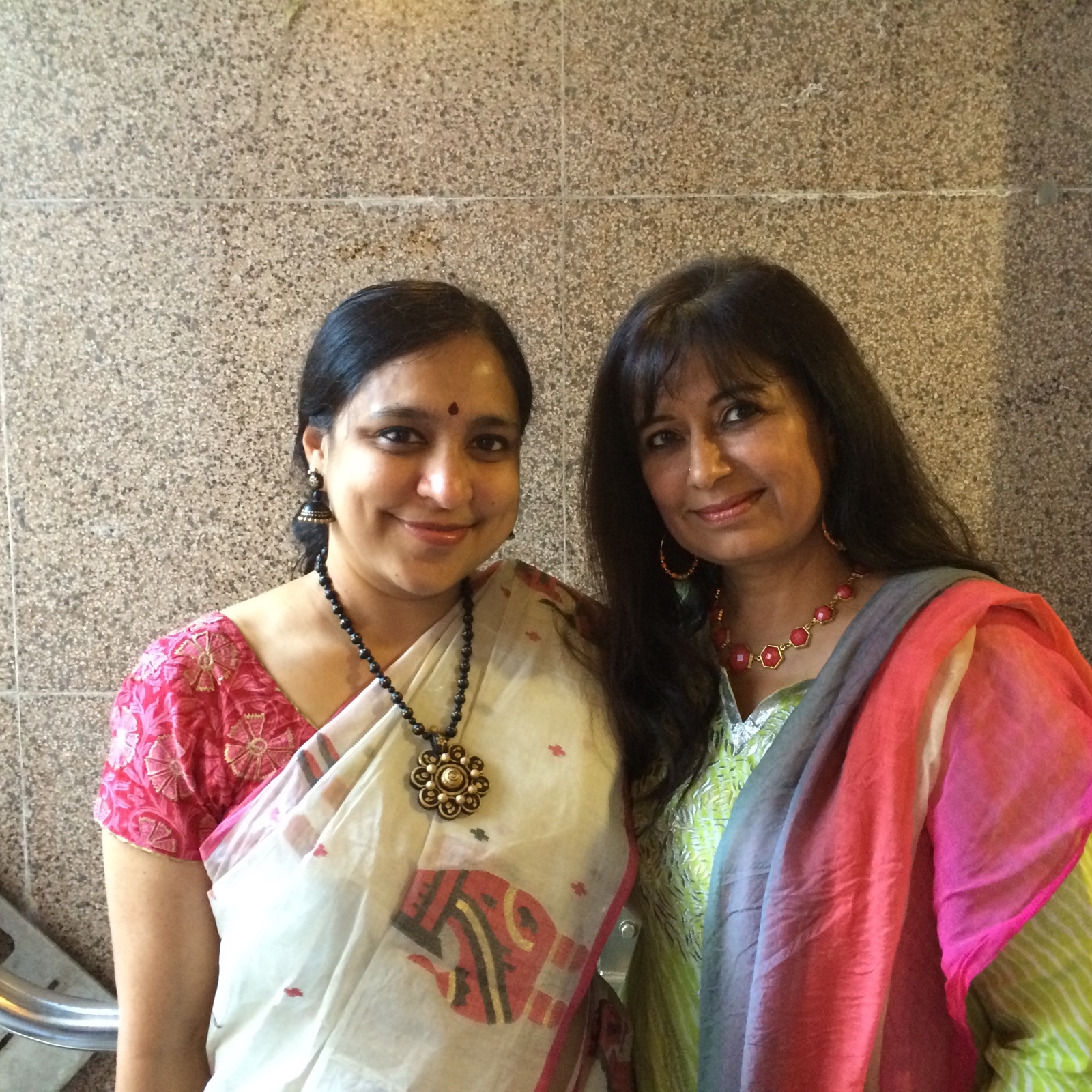By Neha Kotagiri
The teen years are difficult for all: pressures from all aspects of life are suddenly cast upon you as you try to discern your own identity and who you want to be. Throughout childhood and adolescence, many south Asians struggle with self esteem, pressures from school, pressures to be liked, and also finding your place between two cultures. As children of immigrants or second generation Americans, it can be difficult to forge your identity in the midst of a dual culture. As teen girls especially, it is difficult to navigate the noise amidst all the insecurities and misogyny, while trying to fit in both the western and eastern ideals of what it means to be a woman and fostering anxiety about deviating from the norm. Seeing a certain standard of beauty and idealism in the media and in the world around you, your self image is an often fragmented one. Additionally, we are growing up in a different world than our parents. Through no fault of their own, we spend much of our early years learning things on our own and navigating a double culture, which creates a generational disconnect as well as an atmosphere of inevitable loneliness and confusion from time to time. Insecurities, cultural pressures, and loneliness cloud the years that are supposed to be the “best of your life”, and can often persist into adulthood.
These issues of self image, confusion, and loneliness are just a facet of a much larger issue: the stigmatization of mental health in the south Asian community. Countless south Asians grapple with anxiety, depression, and low self esteem. This can stem from genetics, loneliness, academic pressures, cultural pressures, and more. However, this issue is a silenced one in Desi communities. We tell our kids to push themselves to the limit, and ignore their pain because there are people in the world who have it worse. We see the sacrifices that our parents made for us, and the deep struggles that others face around us, and we feel guilty or weak for seeking help or feeling any pain. It’s time that we create an environment where we recognize that mental health is just as important as physical health. That we have conversations with our children about their well-being instead of creating an atmosphere of lionization and pushing ourselves to the edge in the name of “success” or the “ideal life”. It is time that we stop feeling guilty for our pain after our parents sacrifices. As a community, it is vital that we repeal the stigma in order to truly move forward and create a better, brighter future for generations to come. As a community, we must indoctrinate into our culture the notion that true success is not just about money and materialism; it’s also about support from your community, self love, and thriving mental health.




Thank you sharing neha! I can so relate to this growing up in Sri Lanka during the early part of my life then moving to the US during my high school years. It’s definitely difficult to forge your own identity and it will most likely deviate from both Eastern and wester ideals of what it means to be a woman. But you get so tired of trying to accommodate both cultures after some point so we need to be gentle with our selves and just stop caring what others including how parents may think and unapologetically live based on what keeps us happy! Thanks for sharing!
Thank you for sharing, Abi!
Thank you for sharing, Abi!